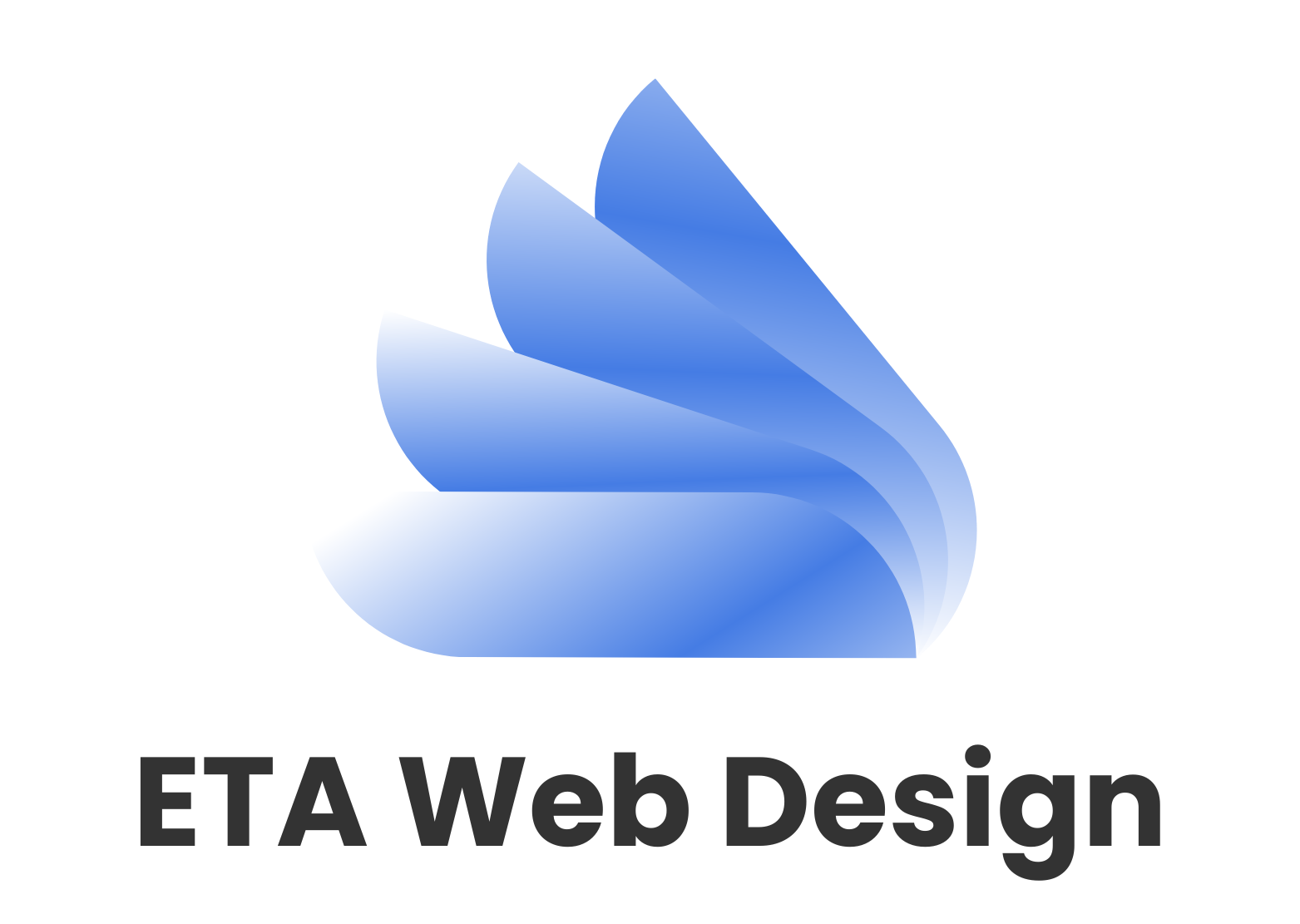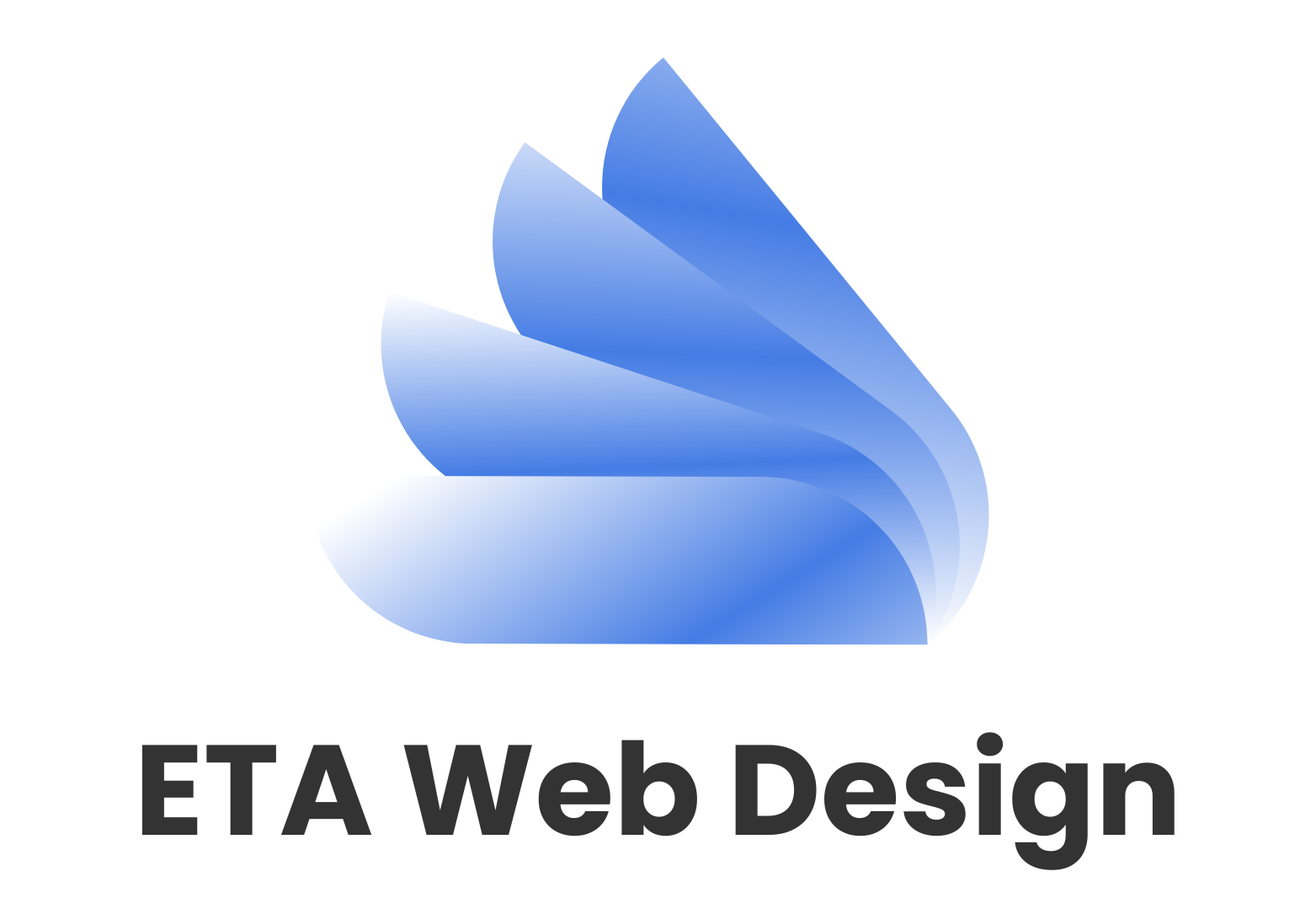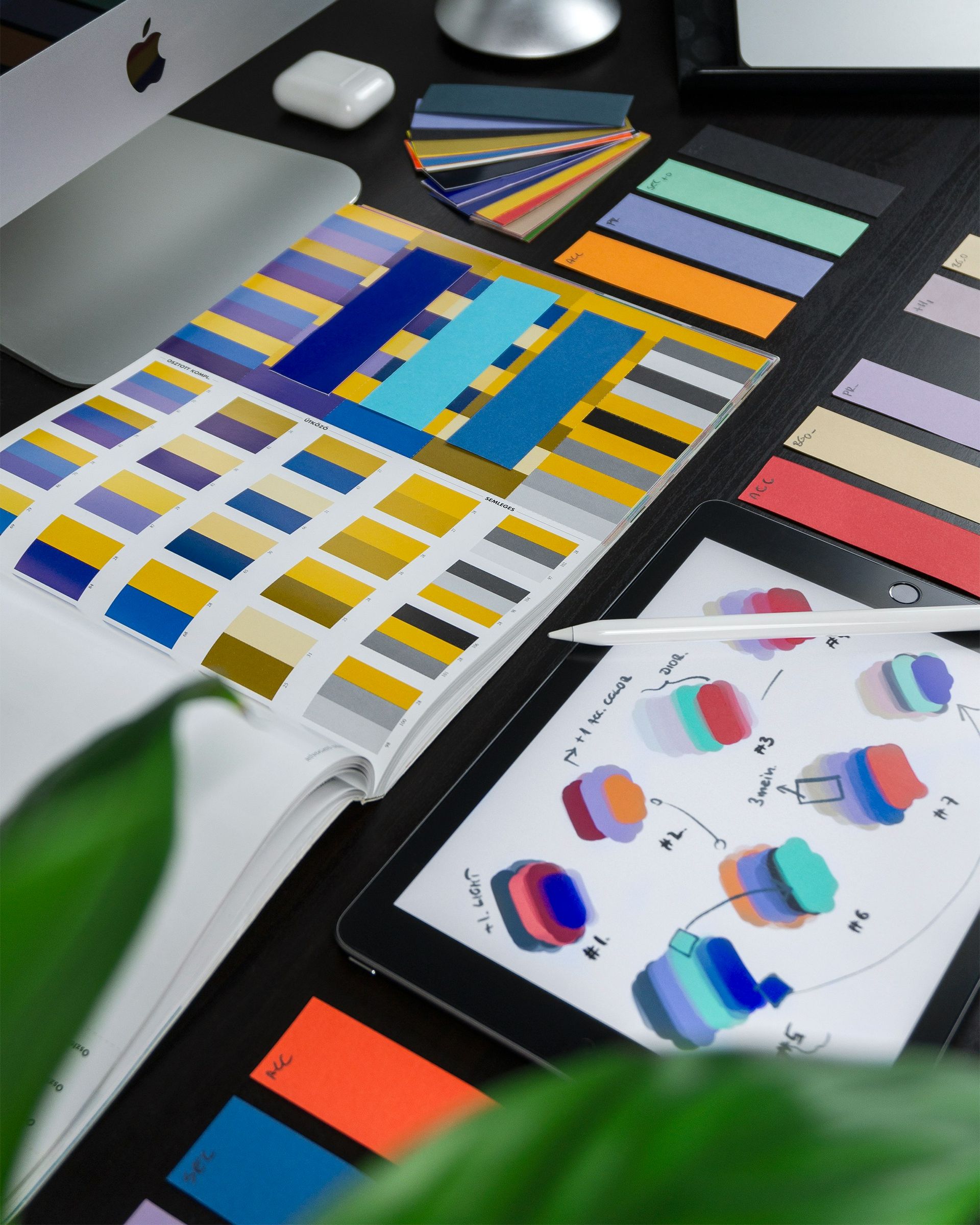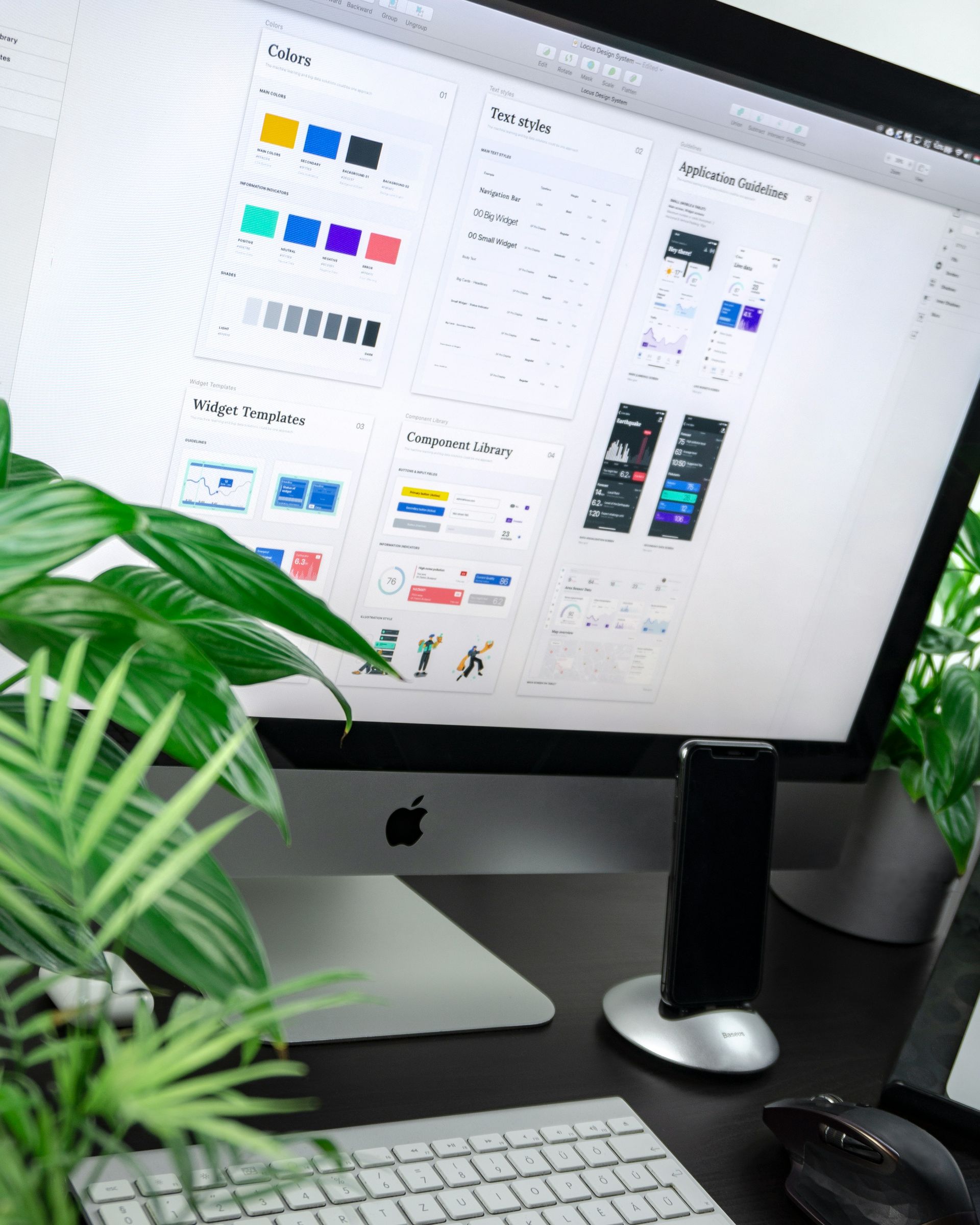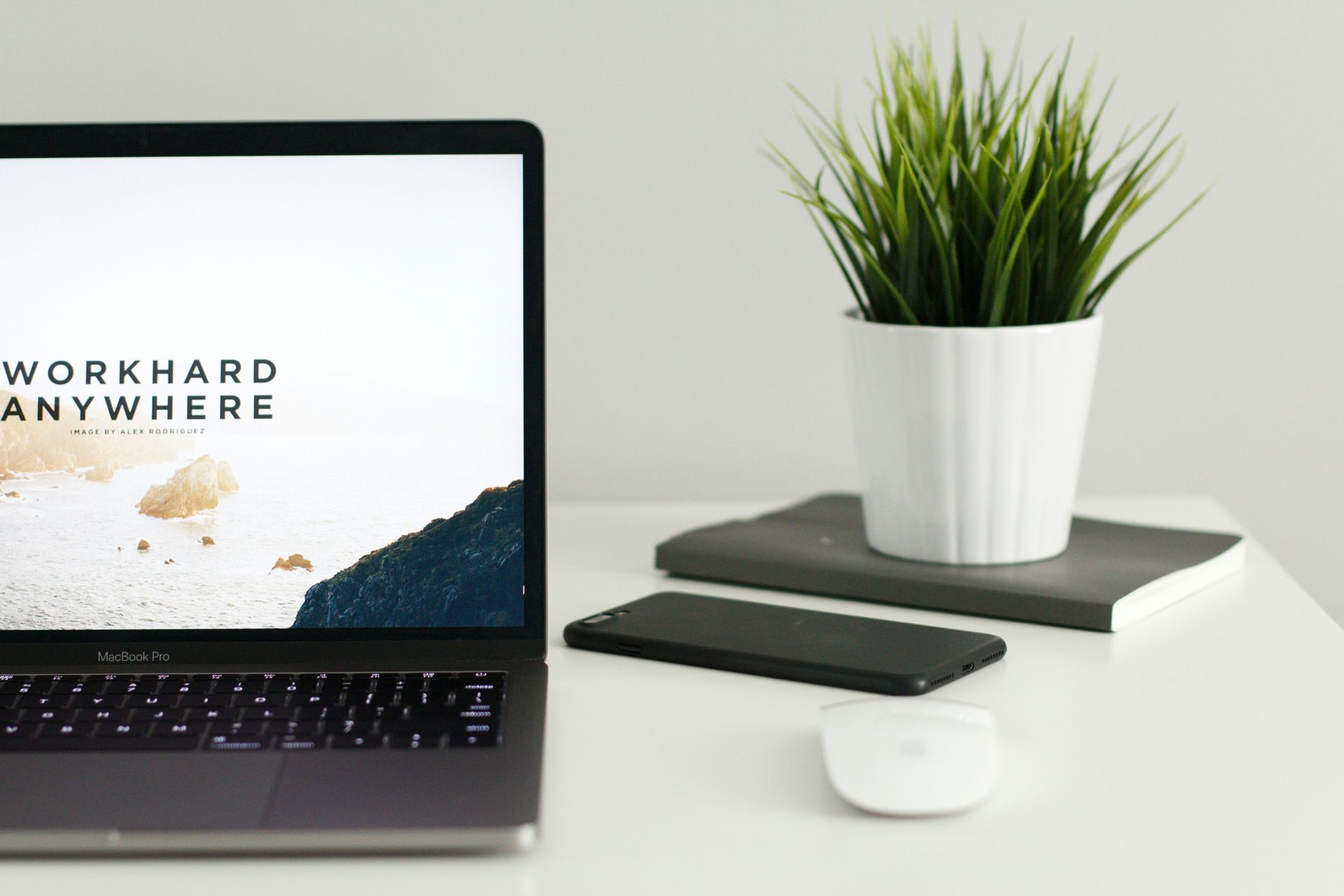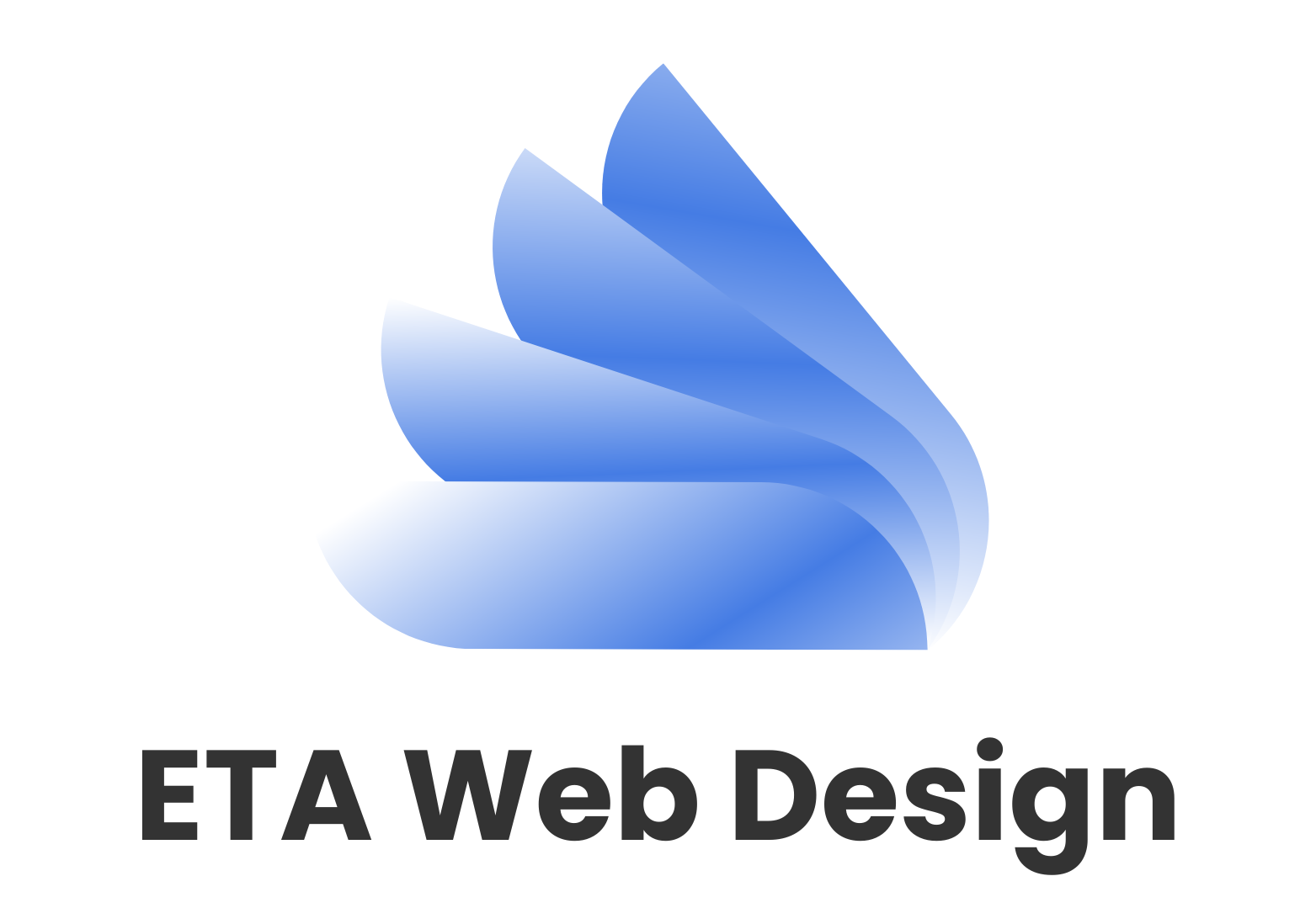In today’s digital marketplace, your website is often the first impression your brand makes on potential customers. It serves as your digital storefront, a platform for storytelling, and a tool for driving revenue. Choosing the right web designer can mean the difference between a website that simply exists and one that genuinely delivers results.
For homeware brands, health and wellness companies, and retail businesses, the right design isn’t only about aesthetics — it’s about performance, trust, and growth. But with countless agencies and freelancers available, identifying the perfect fit can be challenging.
This guide will walk you through what to look for, what to avoid, and how to make a confident, informed decision.
Define Your Business Goals and Website Needs
Before beginning your search, define what you want your website to achieve. Are you looking to boost online sales, improve visibility, or showcase your brand identity? Understanding your objectives allows you to find a designer who can tailor their approach accordingly.
For instance, a homeware brand might prioritise high-quality visuals and easy product navigation, while a health and wellness business could focus on informative content, booking systems, and trust-building design. Retail companies often need integrated e-commerce solutions that streamline customer journeys.
A professional web designer will want to know your goals before suggesting solutions. This initial clarity ensures the final website is aligned with your long-term business strategy and scalable for future growth.
Explore Portfolios and Assess Experience
A designer’s portfolio speaks volumes. Review their previous work to gauge creativity, attention to detail, and technical skill. A strong portfolio shows not only attractive layouts but also thoughtful functionality and a clear understanding of brand voice.
It’s important to see examples relevant to your sector. If a designer has experience with retail or wellness businesses, they’ll better understand customer expectations and user behaviour. Look for case studies or testimonials that highlight measurable results such as improved traffic, conversion rates, or engagement levels.
The goal isn’t just to find someone who can make your website look good but to find a designer who understands how design supports your business objectives.
Understand Their Process and Communication Style
A great design project depends on collaboration. Before signing any agreement, take time to learn how the designer works — their timelines, revision process, and preferred communication methods. Do they provide regular updates? Are they receptive to feedback?
An organised workflow should include discovery sessions, wireframing, design presentation, development, testing, and post-launch support. The best designers explain each stage clearly and make complex technical ideas easy to understand.
Transparency builds trust. If your designer is upfront about timelines, budgets, and deliverables, you’ll feel confident that your project is in capable hands.
The right designer should make you feel like a partner in the process — someone invested in your success rather than just a supplier delivering a one-off service.
Evaluate Technical Expertise and Platform Knowledge
A modern website must look good and function perfectly on all devices. Beyond creativity, a designer should possess strong technical knowledge and a deep understanding of platforms that suit your needs.
Some businesses prefer the best website builders, which allow easy management and future scalability. Others might require a custom-coded solution for advanced features. The right designer will assess your needs and recommend the best platform for your goals.
They should also ensure your site loads quickly, meets accessibility standards, and is optimised for search engines. Security, hosting, and data protection are equally vital — particularly for e-commerce or service-based companies that handle customer information.
Look for Comprehensive Service Capabilities
Designing a site is only one piece of the puzzle. A reliable partner should offer more than visuals — they should provide strategic input that enhances your digital presence. Agencies offering web design services often combine branding, content creation, SEO, and analytics to create a cohesive online experience.
Having all these elements under one roof ensures consistency in design, messaging, and functionality. It also saves time and reduces the complexity of managing multiple suppliers.
When choosing a designer, ask what’s included in their service package. Will they assist with domain setup, content migration, or post-launch maintenance? The more comprehensive the service, the smoother your project will be from start to finish.
Prioritize User Experience and Functionality
Visual appeal is essential, but usability is what determines success. A well-structured site guides users effortlessly through pages, encouraging them to take action — whether that’s purchasing a product, booking an appointment, or making an inquiry.
During discussions, ensure the designer values intuitive layouts, readable fonts, and clear navigation. They should also test the site across devices and browsers to maintain consistency.
This is where thoughtful web page design becomes critical. A site should communicate your message clearly while remaining visually engaging and easy to navigate. Great design makes the customer’s journey seamless and your brand memorable.
Confirm Technical Collaboration and Future Support
Web projects don’t end at launch. Regular updates, maintenance, and optimisations are essential to keep your site running smoothly. Ask about post-launch support and whether the designer offers training or content management assistance.
Technical collaboration is especially important if you already work with web developers or digital marketing teams. A professional designer will coordinate effectively with other specialists, ensuring design, functionality, and marketing all work together harmoniously. Your goal should be a long-term relationship with a team that can adapt as your business evolves.
Evaluate Pricing, Transparency, and Value
While budget is a practical consideration, don’t make decisions based solely on price. A high-quality website is an investment that can deliver strong returns through increased visibility, engagement, and sales.
Always request a detailed quote outlining what’s included — design, development, hosting, maintenance, and revisions. Avoid vague pricing or promises that sound too good to be true.
The best designers are transparent about costs, deadlines, and expectations, helping you plan effectively. Remember, the cheapest option can become expensive in the long run if the work needs constant fixing or rebuilding.
Focus on Scalability and Long-Term Vision
Businesses grow, and so should their websites. A scalable website is designed with flexibility in mind, allowing you to add new pages, features, or integrations as your needs change.
The right designer anticipates future growth and creates a site that can adapt. Whether you expand your product line, introduce online booking, or add new content sections, your site should remain functional and attractive without major rework. This foresight saves time and money later — an essential consideration for businesses with ambitious plans.
Make the Final Decision with Confidence
Once you’ve reviewed proposals, compared portfolios, and held discussions, trust your instincts. Choose the designer who not only demonstrates technical skill but also communicates clearly and understands your brand’s mission.
Ask yourself: Do they share your vision? Do they respond promptly and professionally? Do they seem invested in your success?
The best partnerships are built on mutual respect, creativity, and collaboration. With the right web designer, you’ll have a digital presence that truly represents your business and inspires your audience.
Choosing the ideal design partner is one of the most impactful decisions you can make for your business. It requires balancing creativity, strategy, and technical expertise. Take your time to define your objectives, review portfolios, and assess how each designer communicates and supports your goals.
Whether you’re a homeware retailer, a wellness brand, or an emerging entrepreneur, a well-designed website can transform your digital presence. By investing in expertise, you’re investing in your company’s future — ensuring your online identity reflects the quality and professionalism your customers expect.
At
ETA Web Design, we build more than websites — we build digital experiences that help businesses thrive. Our team of experts blends creativity, strategy, and technology to craft designs that are visually engaging, user-friendly, and performance-driven.
We pride ourselves on offering tailored solutions for every client. Whether you’re launching a new retail brand, expanding a wellness business, or refreshing an established homeware website, we ensure your digital platform aligns perfectly with your goals.
Our holistic approach covers everything from branding and responsive layouts to optimisation and support. With transparent pricing, dependable communication, and scalable designs, we make it easy for you to grow online with confidence.
Update on X: Choosing a
Web Designer – key tips for building your ideal business website!
